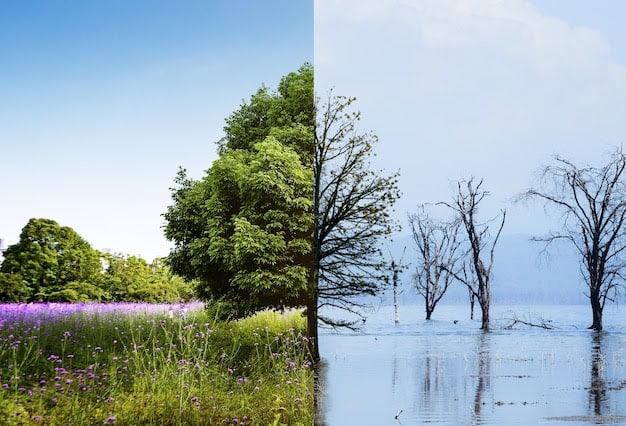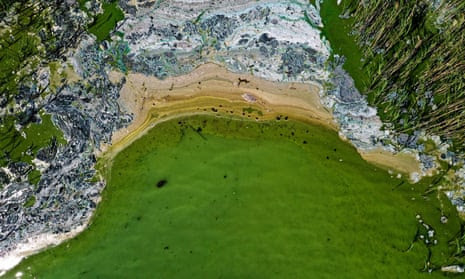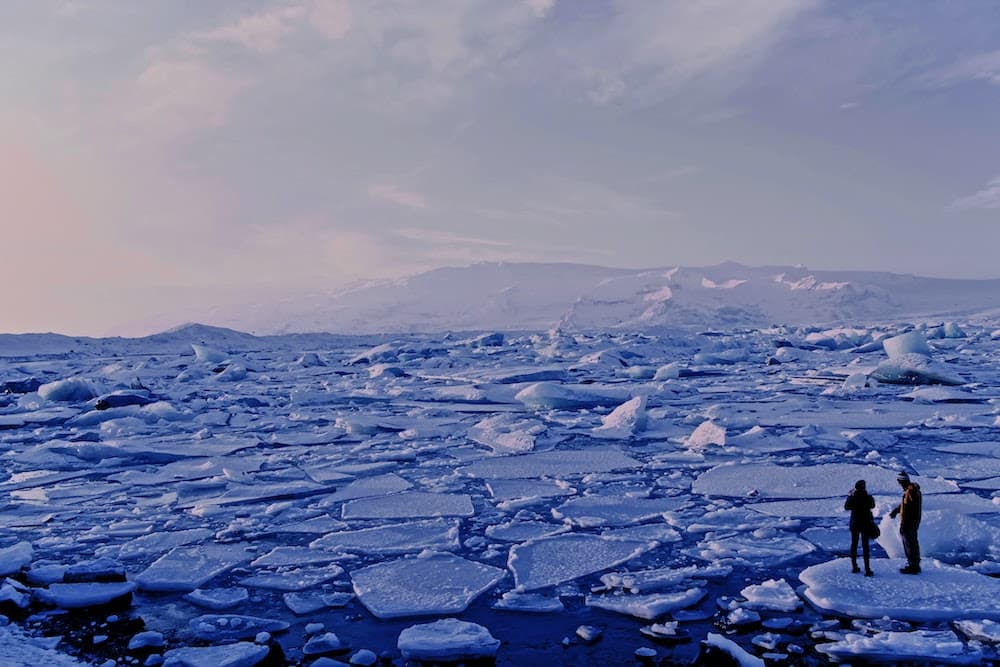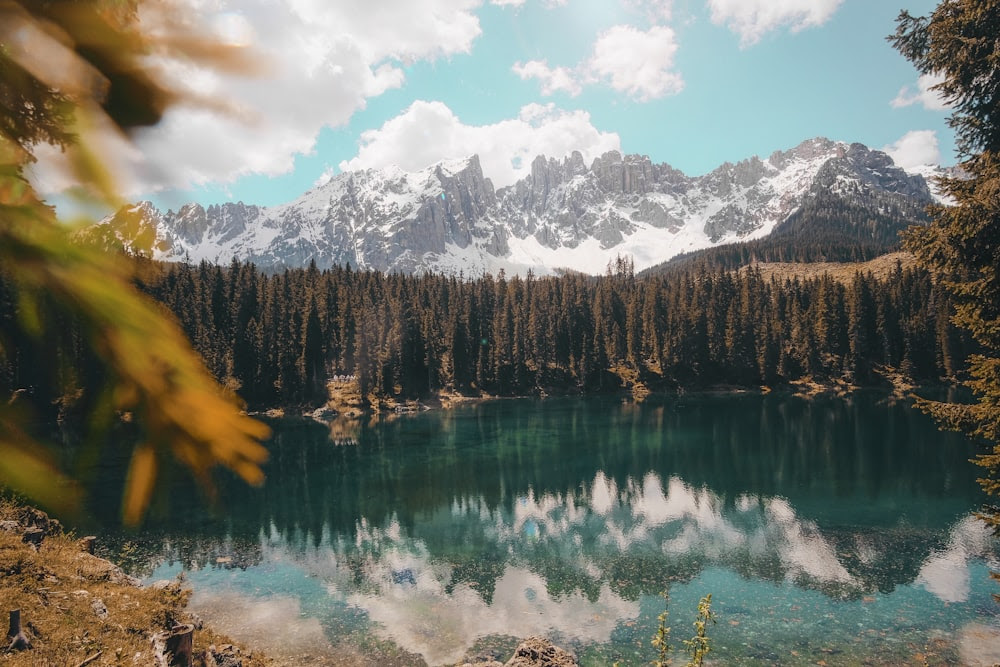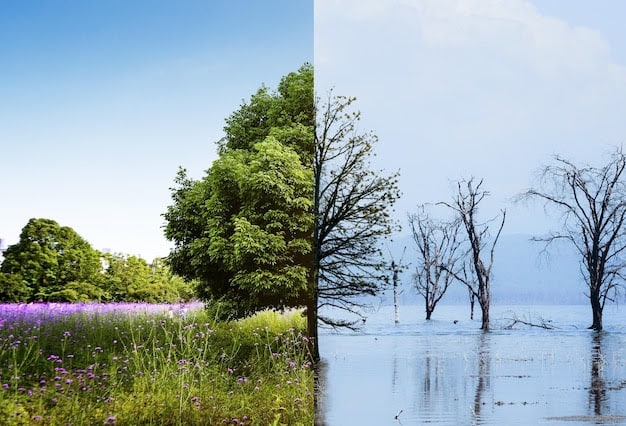
Climate change is very rapid and may require biodiversity to adapt. Several public bodies are conducting studies to improve the resistance of vineyards, forests and green spaces to a more hostile environment.
The National Research Institute for Agriculture, Food and the Environment (INRAE) has developed vine varieties that are more resistant to two diseases: mildew and powdery mildew. Taking advantage of increasingly favourable climatic conditions, the latter two are growing rapidly and reducing yield and quality.
In order to preserve the wine sector, Inrae selected varieties that are naturally more resistant to these diseases and crossed them with plants of good quality. These new varieties are currently grown on 800 hectares as an experiment.

In France, the speed of climate change is also having an impact on forests, which are subject to drought and the resurgence of diseases and pests. The National Forestry Board (NFB) is reflecting on trees that will repopulate forests in the future. It mixes different species from various sources to reforest, because some of them will be more resistant than others to future diseases and pests encountered: for example, planting oaks in the south and north of France in the same forest area. It is important to make good choices: 45,000 hectares must be reforested as part of the recovery plan.
After the Paris JO, several findings are necessary and the manifestations of climate change are numerous: rising temperatures, sea level rise, changes in water flows, changes in snow conditions, Increase in the number of extreme natural events (floods, avalanches, etc.). , etc. These different phenomena are not without consequences for sport, directly impacting the conditions and places of practice, but also sports performance.

The figures speak for themselves and the impact of climate change on sports, equipment and practice sites is alarming.
In France, for example, according to a WWF study funded by the Ministry of Sports, 24 days less practice per year and 1/7 of threatened sailing clubs in a scenario at +2°C, and 66 days per year less practice and 1⁄4 of threatened sailing clubs in a scenario at +4°C.
According to the UN, this includes:
Half of the former Winter Olympic host cities that will be unable to sponsor winter games by 2050 due to lack of snow and ice in a world that is likely to warm up; nearly a quarter of the English football league stadiums would be partially or fully flooded each year by 2050.
More information
https://www.onf.fr/onf/forets-et-espaces-naturels/+/1f::comprendre-la-foret.html

